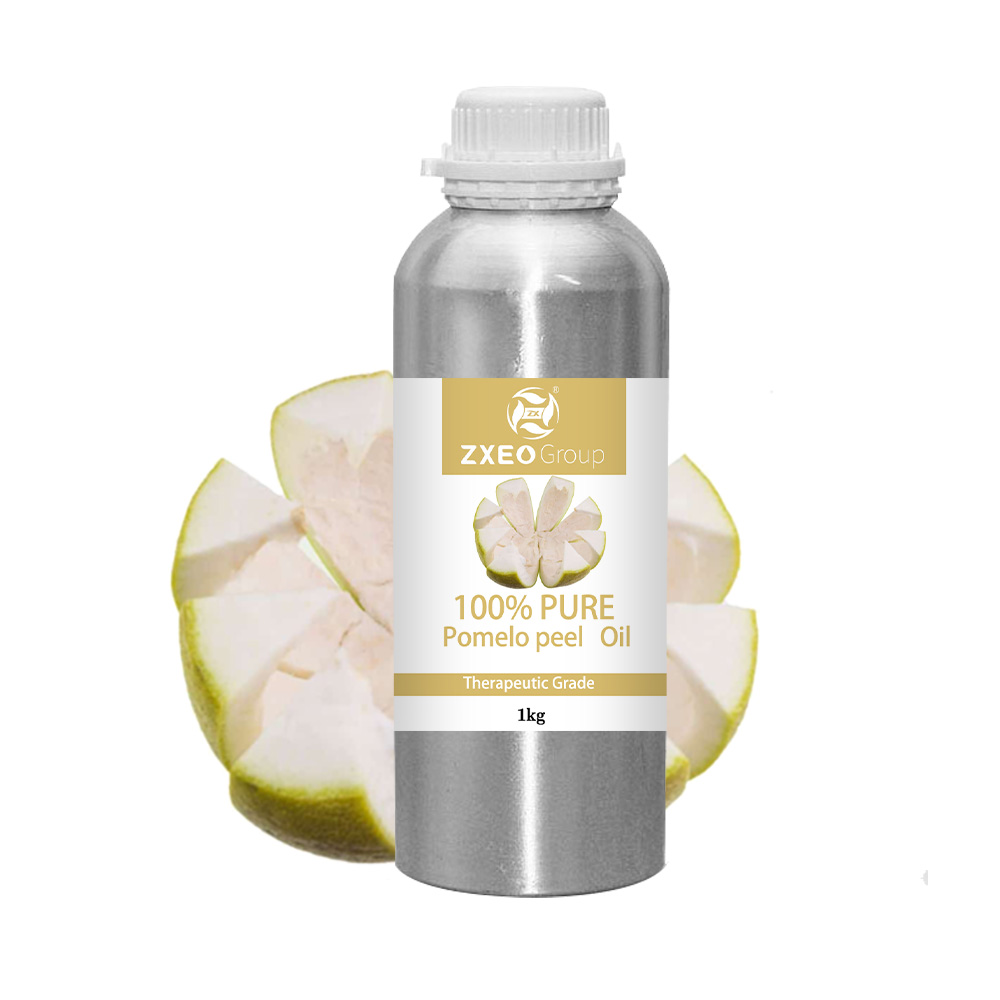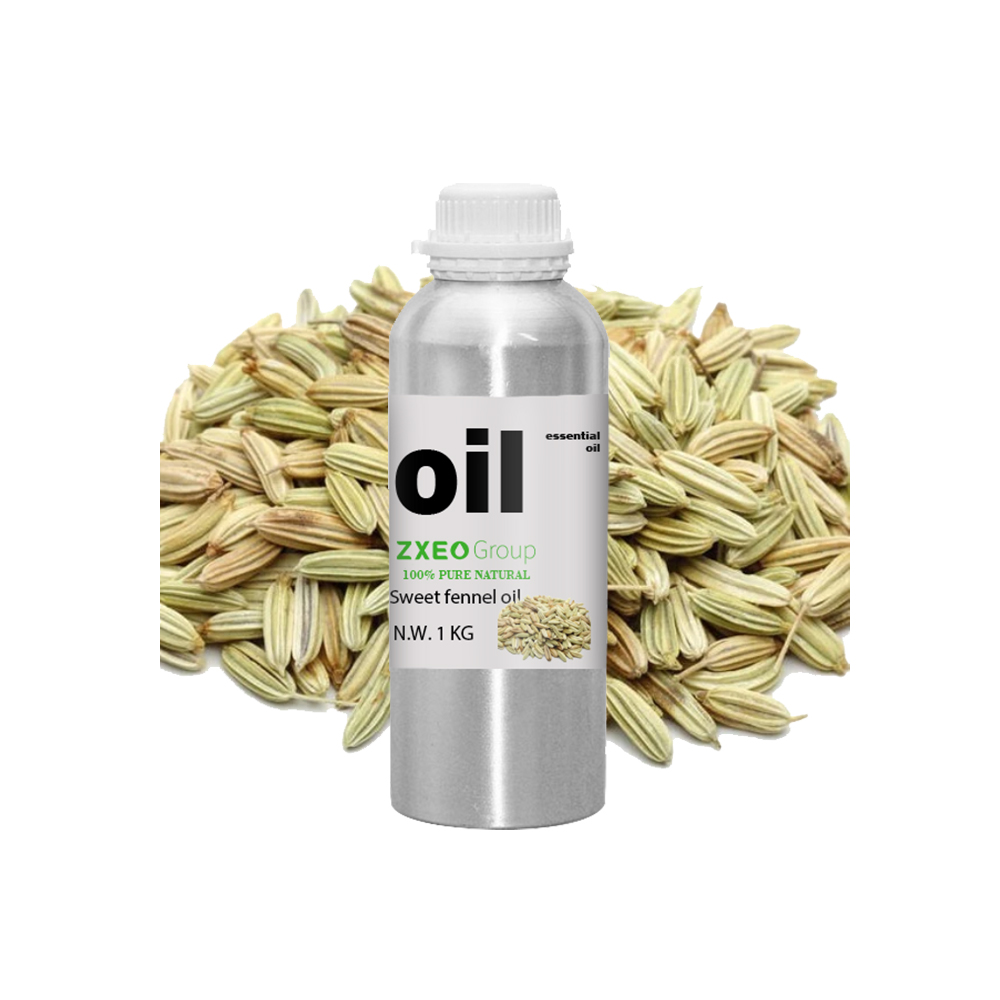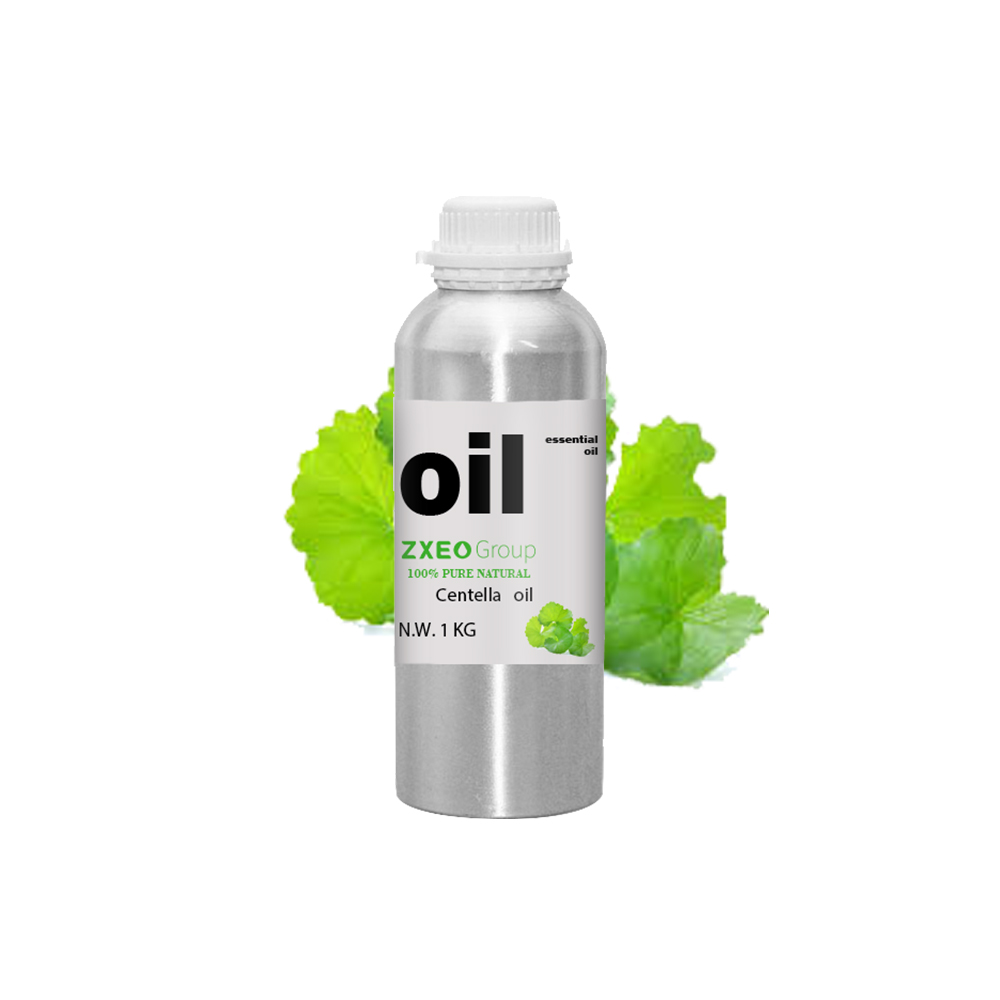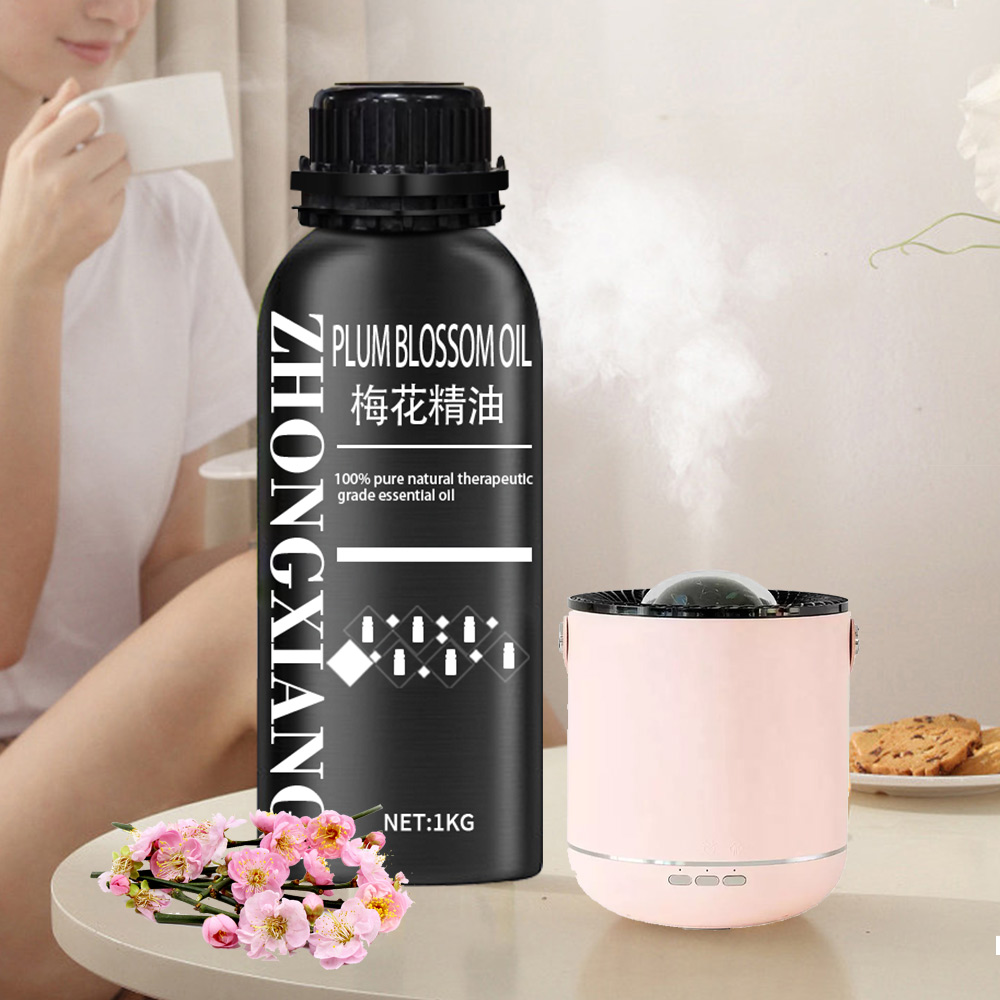Wholesale price 100% pure pomelo peel oil Bulk Pomelo peel oil
The Citrus grandis L. Osbeck fruit widely recognized as Pomelo is a native plant of Southern Asia, which is locally available in China, Japan, Vietnam, Malaysia, India, and Thailand [1,2]. It is believed to be the primary origin of grapefruit and a member of the Rutaceae family. Pomelo, along with lemon, orange, mandarin, and grapefruit is one of the citrus fruits that is currently grown and consumed most commonly in Southeast Asia and other regions of the world [3]. The fruit of the pomelo is commonly consumed fresh or in the form of juice while the peels, seeds, and other parts of the plant are generally discarded as waste. The plant’s various parts, including the leaf, pulp, and peel, have been used in traditional medicine for centuries because they have been shown to have therapeutic potential and are safe for human consumption [2,4]. The leaves of the Citrus grandis plant and its oil are used in folk medicine to cure skin conditions, headaches, and stomach pain, respectively. Citrus grandis fruits are not just utilized for consumption, traditional remedies frequently treat cough, edema, epilepsy, and other ailments with fruit peels in addition to using them for cosmetic purposes [5]. The citrus species are the major source of essential oil and the oils derived from citrus peel have a strong desirable aroma with a refreshing effect. There has been increasing in recent years as a result the commercial importance is growing. Essential oils are naturally derived metabolites including terpenes, sesquiterpenes, terpenoids, and aromatic compounds with different groups of aliphatic hydrocarbons, aldehydes, acids, alcohols, phenols, esters, oxides, lactones, and ethers [6]. Essential oil containing such compounds are well known to have antimicrobial and antioxidant properties and serve as an alternative to synthetic additives with the moving interest in natural products [1,7]. Studies have convinced that the active components that exist in citrus essential oils such as limonene, pinene, and terpinolene exhibit a wide range of antimicrobials, antifungal, anti-inflammatory, and antioxidant activity [[8], [9], [10]]. Besides, the citrus essential oil has been classified as GRAS (Generally Recognized as Safe) due to its great nutraceuticals and economic importance [8]. Several studies have shown that essential oils have the potential to extend the shelf life and maintain the quality of fish and meat products [[11], [12], [13], [14], [15]].
According to FAO, 2020 (The State of World Fisheries and Aquaculture), global fish production has been increasing in the last few decades with an estimation of about 179 million tons in 2018 with an estimated loss of 30-35%. Fish are well known for their high-quality protein, the natural source of polyunsaturated fatty acids, (Eicosapentaenoic acid and Docosahexaenoic acid), vitamin D, and vitamin B2 and have a rich source of minerals such as calcium, sodium, potassium, and iron [[16], [17], [18]]. However, fresh fish are highly susceptible to microbial spoilage and biological changes due to high moisture content, low acid, reactive endogenous enzymes, and enriched nutrient value [12,19]. The process of spoilage involves rigor mortis, autolysis, bacterial invasion, and putrification resulting in the formation of volatile amines producing unpleasant off-odor due to an increase in the microbial population [20]. Fish at chilled storage has the potential to maintain its flavor, texture, and freshness due to low temperature to some extent. Yet, the quality of fish deteriorates with the rapid growth of psychrophilic microorganisms leading to off-odor and reduction in shelf life [19].
Therefore, keeping in view some measures are necessary for the quality of the fish to reduce the spoilage organisms and to extend the shelf life. Previous studies have revealed that chitosan coating, oregano oil, cinnamon bark oil, a gum-based coating containing thyme and clove essential oil, salting, and sometimes in combination with other preservative techniques were effective in inhibiting microbial compositions and extending the shelf life of fish [15,[10], [21], [22], [23], [24]]. In another study, nanoemulsion was prepared using d-limonene and found effective against pathogenic strains [25]. Pomelo fruit peel is one of the major processing byproducts of pomelo fruit. To our best knowledge characteristics and functional property of the essential oil of pomelo peel are still not properly addressed. The effect of pomelo peel is not properly utilized as an antibacterial agent to improve the storage stability of fish fillets, and the efficacy of essential oil as a bio-preservative on the storage stability of fresh fish fillets was evaluated. Locally available freshwater fish (Rohu (Labeo rohita), Bahu (Labeo calbahu), and Silver carp (Hypophthalmichthys molitrix) were used since they are among the major preferred fish. The outcome of the present study will not only be helpful to extend the storage stability of fish fillets, but also increase the demand for underutilized pomelo fruit in the North Eastern region of India.




















